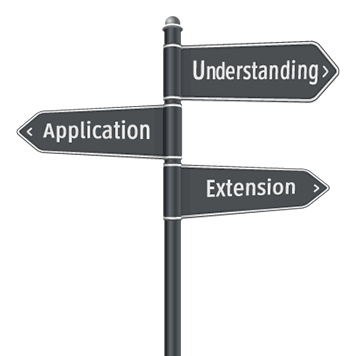Situations Method Questions to Ask Business
Collecting Oral/Video History Stories
The methodology:
One week prior to recording, the interviewer meets with the interviewee to fill out a pre-interview questionnaire seeking detailed biographical information about the interviewee. During that preliminary meeting, the interviewer explains the format and prepares the interviewee to think about what he or she would like to say. The time spent working together on the questionnaire also helps establish a rapport that carries over to the recorded interview.
Each interviewee is required to read and sign a release agreement before their interview begins. Most interviews are conducted in the interviewees’ homes and in their language of choice, and cover the interviewees’ lives before, during, and after their first hand experience with Dr. Deming. At the conclusion of the interview, interviewees are invited to show photographs, documents and any memorabilia. Upon the completion of every interview, the Institute provides the interviewee with a copy of their recorded interview.
The Original Mission
Locating the men and women who would become interviewees requires perseverance and sensitivity. Methods varied by country and included both far-reaching media campaigns and grassroots efforts such as the distribution of an outreach flier translated into many languages along with other forms of local outreach.
Through the process of searching, the projects that the challenge of locating interviewees is matched by the challenge that cultural differences would pose to the gathering of testimonies. Some people had never been asked to recount their experiences; we plan to find people locally to establish relationships of mutual trust and respect.
Providing interviewees with copies of their recording for their private use may prove to be the best form of outreach. Once interviewees begin to receive their copies, word of mouth becomes as powerful as any media campaign.
The interviewing methodology was developed using the Oral History Association, USC Shoah Foundation, Activists Guide to Archiving Video, and more, as sources. Interviewer guidelines and videographer guidelines ensured that the interviews are conducted with a consistent approach.
